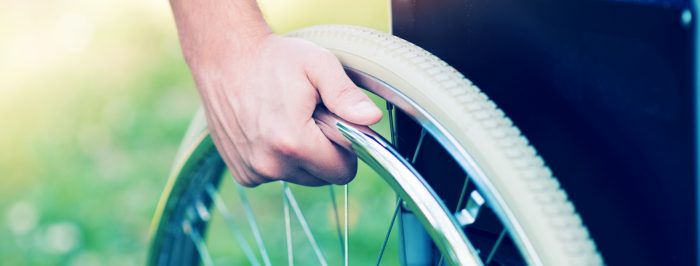Stefano Stifani, Patrick Dion, and Rahul Kumar will study genetics and cell types involved with ALS

Source: ALS Society of Canada via the Neuro
Three researchers from The Neuro are among ten to receive project grants from the ALS Society of Canada
Stefano Stifani’s lab was awarded $98,400 to investigate how advanced technology can reveal the role of multiple cell types affecting ALS in humans. The lab of Patrick Dion will use its $100,000 grant to study how the environmental marks on RNA play a role in how ALS. Rahul Kumar, a PhD student in the lab of Peter McPherson, will investigate whether the loss of normal function of C9ORF72 in a particular cell type is a key driver of ALS disease processes with a $75,000 grant.
“The spectrum of Canadian ALS research at the moment is incredibly rich and deep, touching on so many aspects of the disease,” said Chris Loudon, who was diagnosed with ALS in 2015 and had the opportunity to observe the peer review process that resulted in the funding of the 10 project grants. “I am impressed by the passion of the ALS research community and the dedication of the ALS Canada Research Program on furthering such vital research. As someone living with ALS, I am more hopeful than ever that ALS can and will be beat.”
“ALS is a complex disease and while we’ve made amazing advancements in recent years towards understanding of the disease processes, there is still a lot to learn,” said Dr. David Taylor, VP Research, ALS Society of Canada. “By focusing on multiple diverse projects, new avenues of understanding and treatment can be explored. Everything we support is with our vision of a future without ALS.”
The funding of the 16 research projects followed a competitive peer-review process, which engaged global ALS experts to identify projects grounded in scientific excellence and with the potential to most quickly advance the field of ALS research. The peer review was observed by people who have personal experience with ALS. In total ALS Canada invested more than $850,000 in the grants, with a further $540,000 in the trainee awards that will provide momentum for the next generation of promising ALS researchers.
Source: ALS Society of Canada
November 19 2019
